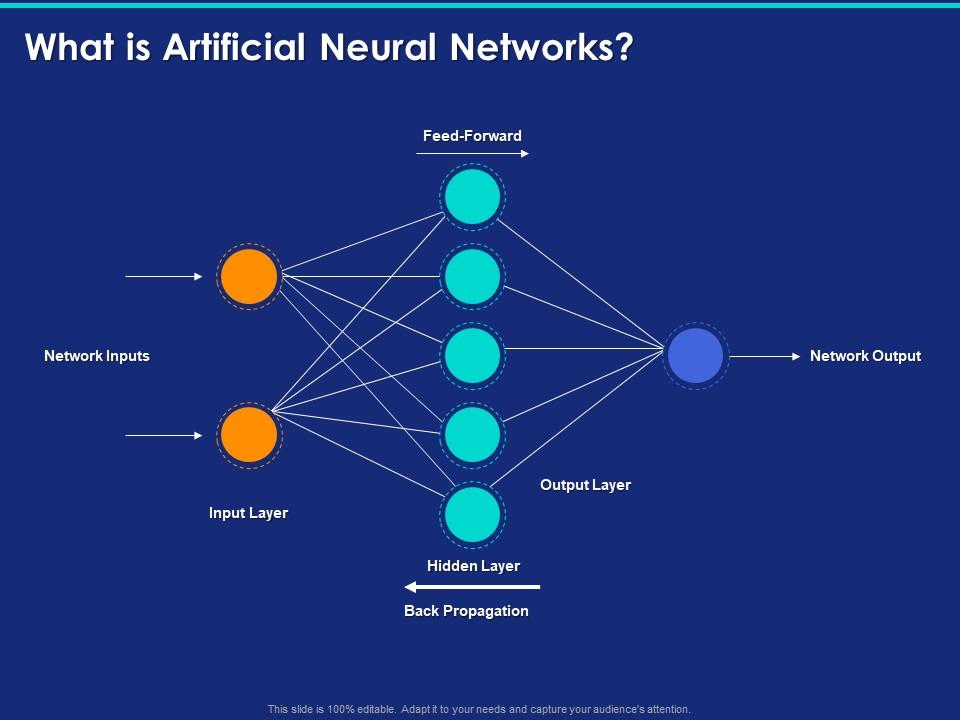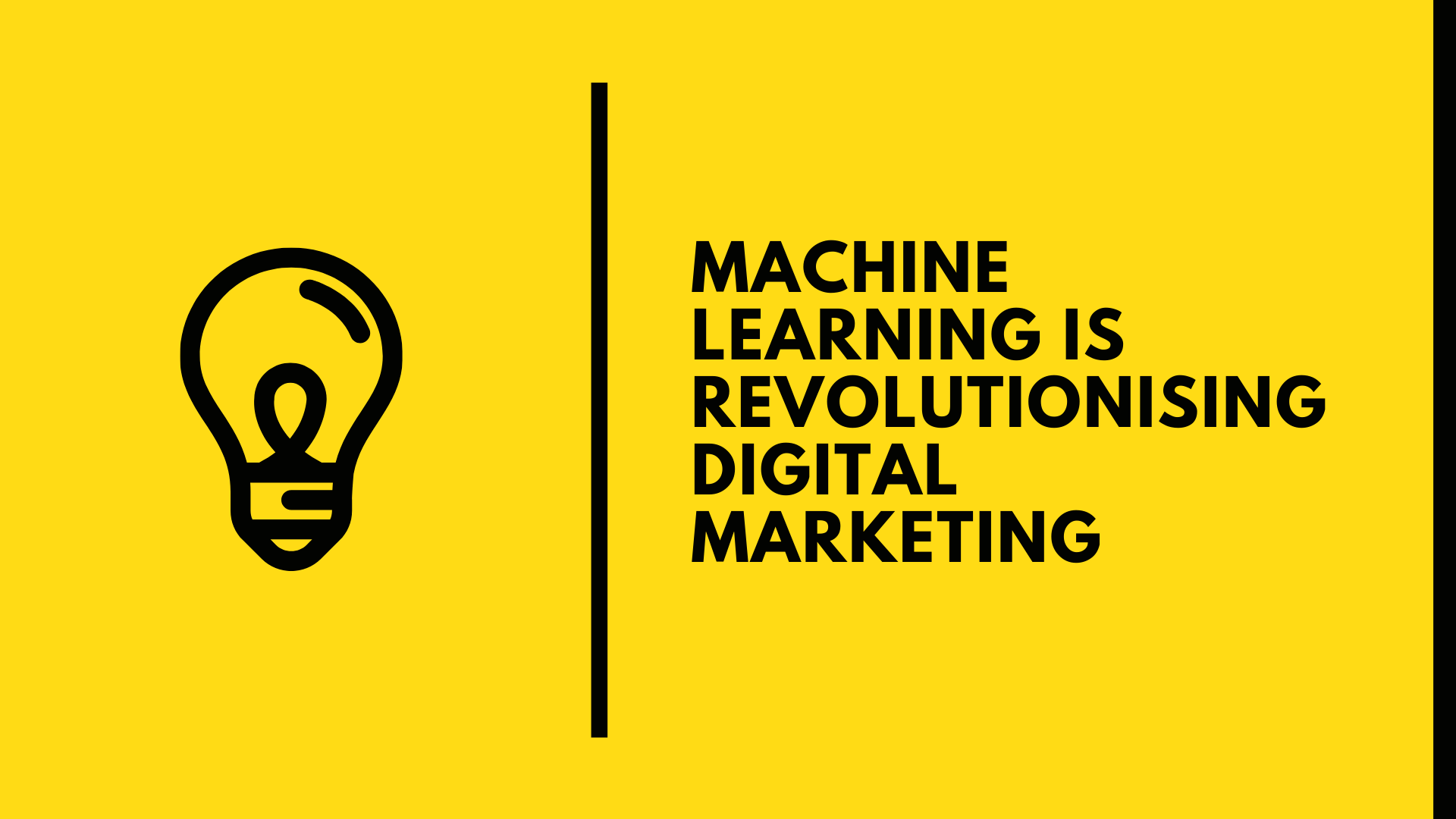
As AI continues to transform the workplace, IBM continues to support human intelligence through investments in global initiatives for skill training. There may be an increase in demand and supply for certain roles as new technologies become more advanced. IBM's Human Intelligence Program supports individuals and businesses as well as organizations to assist with this shift. While AI will certainly impact the job market in 2019, IBM will still invest in research-and-development to support human intelligence. IBM Global Talent Network has job opportunities available for people with AI skills.
ICPD
As AI and machine learning technologies continue to grow and become more sophisticated, companies need a way to ensure they're managing their data assets. Implementing data governance policies can be difficult, especially with so many open-source frameworks and AI approaches. Companies can use the ICP Data and IBM's AI capabilities for seamless governance across data and AI. Below are five key benefits of this platform.

Watson
IBM Watson is the most well-known name in Artificial Intelligence. This question-answering machine system was created as part IBM's DeepQA Research Project. David Ferrucci was the lead researcher. He named the system after Thomas J. Watson, the founder of the company. IBM is working on a number of other artificial intelligence projects, but Watson may be the most exciting. Learn more about this technology by reading on.
Azure Studio
The Cloud platform makes it easy to create a web application. Azure Studio for IBM allows rich applications to be built using the Power BI platform. You can create data visualizations and SQL queries using the platform's simple interface. Azure Data Studio includes many powerful features and capabilities. These include advanced SQL and data visualization capabilities. With so many options available, it's easy to customize your work environment and get started quickly.
Google AI Platform
IBM customers can now access the AI Platform through a dedicated cloud server. The AI Platform integrates a range tools for machine learning and data science including frameworks, services, APIs, training, and more. The Training Service supports user-submitted and built-in machine learning models. The Predictive Service enables users to integrate predictions with any service. Data Labeling Service allows users ask for human labeling to video, text, as well as image datasets.

Amazon Web Services
AWS is a rival in the public cloud market. There are however some differences. IBM has a wider range of services including managed services. IBM has been a leader within the cloud market for many years. The recent acquisition by Microsoft Azure partner Neudesic has increased its competitiveness. Each company has its strengths but they have different ways of managing infrastructure and data storage.
FAQ
How does AI work
It is important to have a basic understanding of computing principles before you can understand how AI works.
Computers store information on memory. Computers work with code programs to process the information. The code tells the computer what to do next.
An algorithm is a sequence of instructions that instructs the computer to do a particular task. These algorithms are usually written in code.
An algorithm is a recipe. An algorithm can contain steps and ingredients. Each step can be considered a separate instruction. For example, one instruction might read "add water into the pot" while another may read "heat pot until boiling."
What are some examples AI applications?
AI can be used in many areas including finance, healthcare and manufacturing. Here are just a few examples:
-
Finance - AI is already helping banks to detect fraud. AI can scan millions upon millions of transactions per day to flag suspicious activity.
-
Healthcare – AI is used in healthcare to detect cancerous cells and recommend treatment options.
-
Manufacturing - AI in factories is used to increase efficiency, and decrease costs.
-
Transportation - Self-driving cars have been tested successfully in California. They are currently being tested around the globe.
-
Utilities use AI to monitor patterns of power consumption.
-
Education - AI has been used for educational purposes. Students can interact with robots by using their smartphones.
-
Government - AI can be used within government to track terrorists, criminals, or missing people.
-
Law Enforcement – AI is being used in police investigations. Search databases that contain thousands of hours worth of CCTV footage can be searched by detectives.
-
Defense – AI can be used both offensively as well as defensively. Offensively, AI systems can be used to hack into enemy computers. Artificial intelligence can also be used defensively to protect military bases from cyberattacks.
Is AI the only technology that is capable of competing with it?
Yes, but not yet. Many technologies exist to solve specific problems. But none of them are as fast or accurate as AI.
What can AI do?
AI serves two primary purposes.
* Prediction - AI systems are capable of predicting future events. AI can be used to help self-driving cars identify red traffic lights and slow down when they reach them.
* Decision making - AI systems can make decisions for us. Your phone can recognise faces and suggest friends to call.
Statistics
- More than 70 percent of users claim they book trips on their phones, review travel tips, and research local landmarks and restaurants. (builtin.com)
- Additionally, keeping in mind the current crisis, the AI is designed in a manner where it reduces the carbon footprint by 20-40%. (analyticsinsight.net)
- By using BrainBox AI, commercial buildings can reduce total energy costs by 25% and improves occupant comfort by 60%. (analyticsinsight.net)
- While all of it is still what seems like a far way off, the future of this technology presents a Catch-22, able to solve the world's problems and likely to power all the A.I. systems on earth, but also incredibly dangerous in the wrong hands. (forbes.com)
- That's as many of us that have been in that AI space would say, it's about 70 or 80 percent of the work. (finra.org)
External Links
How To
How to Setup Google Home
Google Home is an artificial intelligence-powered digital assistant. It uses sophisticated algorithms, natural language processing, and artificial intelligence to answer questions and perform tasks like controlling smart home devices, playing music and making phone calls. You can search the internet, set timers, create reminders, and have them sent to your phone with Google Assistant.
Google Home seamlessly integrates with Android phones and iPhones. This allows you to interact directly with your Google Account from your mobile device. Connecting an iPhone or iPad to Google Home over WiFi will allow you to take advantage features such as Apple Pay, Siri Shortcuts, third-party applications, and other Google Home features.
Like every Google product, Google Home comes with many useful features. It can learn your routines and recall what you have told it to do. So, when you wake-up, you don’t have to repeat how to adjust your temperature or turn on your lights. Instead, just say "Hey Google", to tell it what task you'd like.
These steps are required to set-up Google Home.
-
Turn on your Google Home.
-
Hold the Action button in your Google Home.
-
The Setup Wizard appears.
-
Select Continue.
-
Enter your email address and password.
-
Register Now
-
Google Home is now available